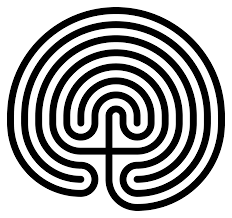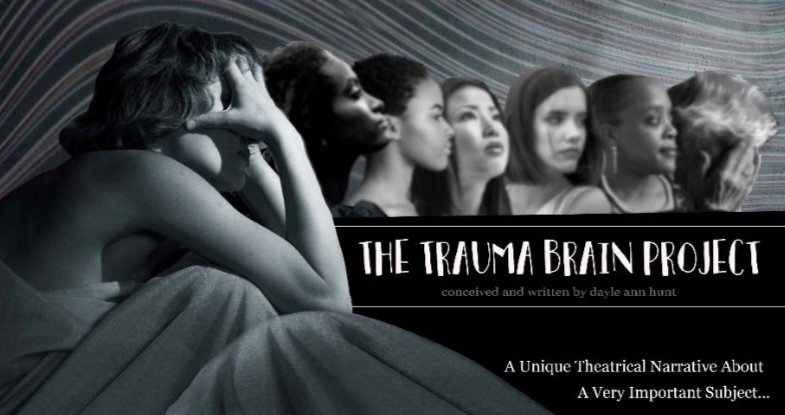-

Sex – a Mindful Exploration of the Experience of Pleasure in the Body
Bringing mindfulness to your sexual experience can begin to offer a more nuanced understanding of your own experience in your body. It’s often true that unless something is wrong, we don’t spend much time noticing what’s right. And when it comes to sex, our feelings and experiences can be complicated by trauma or fear, which…
-
Trauma Outside the Box
These days we hear more and more about services and programs that call themselves “trauma-informed”. I often find myself curious about what that actually means. When we use the word trauma, we are calling to mind the worst of what we as human beings suffer and do to one another. The consequences of trauma occupy…
-

for Carol
Carol McRaith was a member of the CCIH community since the very beginning–from before we even existed as an office. I remember well our first conversation when she agreed to embark on this journey with me. Neither of us knew what would evolve but she entered wholeheartedly. She participated in all of our early decision…
-

Embodied Practices: A Day of Collaborative Reflection
Thank you! This was a resourcing, positive experience in a supportive and nurturing format. I am leaving with more energy and inspiration to make work the best for myself and clients. — Embodied Practices workshop participant …
-
Mental Health, Nutrition, and Depression
As mental health treatment becomes more integrative in its approach, diet, along with such other lifestyle factors as exercise and sleep is now being studied. Recent studies, especially one randomized controlled study, are supporting what many have known, at least anecdotally, all along: food affects mood. Any discussion of mood must begin with the brain…
-

Trauma Brain Project
The Trauma Brain Project is a beautifully written, beautifully performed play about the powerful effects of childhood trauma and the incredible wisdom of the body in the healing process https://www.thetraumabrainproject.com. I had the honor of participating in the expert panel discussion after the performance last night. I was again moved by the performance and grateful…
-
Getting to Know Your Pain
According to a survey conducted by the National Institute for Health (2012), “about 25.3 million U.S. adults (11.2%) had pain every day for the previous 3 months” (nccih.nih.gov, Chronic Pain: In Depth, n.d.). Clearly, chronic pain, which NIH defines as pain that lasts for several months and lasts longer than “normal healing” is a very…
-

Deepening Connection and Healing through the Group Experience
How do I know if I should do a group experience? What are the criteria for readiness? As I write this, another cohort of brave people is halfway into a 12 week group experience, supporting their individual healing paths by participating in Becoming Safely Embodied. There is no replacement for solid, trauma-informed individual treatment for…
-

Somatic Trauma Therapy and The Trauma Brain Project
“…I’m ten years old, and it’s happening again. Another seizure and there’s nothing I can do. Unwillingly, I retreat into the bubble once more… safe and secure inside this space while my brain lets go, throws its angry tantrum, spits at the world, then subsides. My head spins, I am filled with a dizzy feeling…
